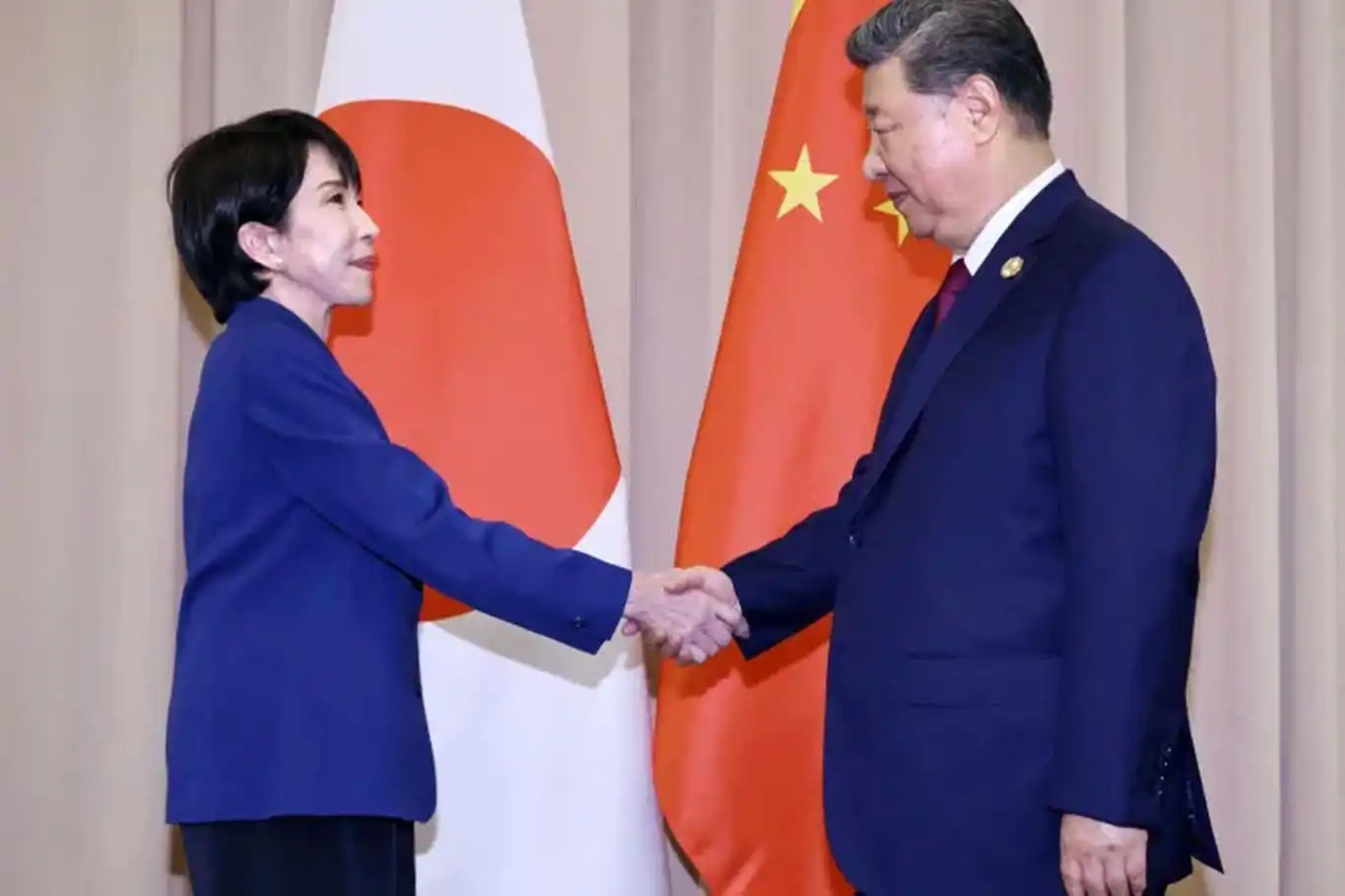China warns citizens against travel to Japan as diplomatic rift deepens over Taiwan remarks


China has urged its citizens to avoid travelling to Japan, escalating a diplomatic confrontation triggered by comments from Japan’s new prime minister about Tokyo’s potential military response to an attack on Taiwan.
The exchange has strained already fragile ties between the two Asian powers, raising concerns about regional stability and people-to-people relations.
The dispute began after Japanese Prime Minister Sanae Takaichi told parliament on November 7 that a hypothetical use of force by China against Taiwan could constitute grounds for a Japanese military response. She said such an attack might meet the conditions for collective self-defence, a provision enabled by Japan’s 2015 security legislation.
Takaichi argued that if a Taiwan emergency involved “battleships and the use of force,” it could “threaten the survival of Japan,” which lies only 100 kilometres from Taiwan’s closest islands. While the remarks were consistent with her long-known hawkish stance on China, they immediately drew criticism from Beijing.
China swiftly summoned Japan’s ambassador in protest, accusing Tokyo of “blatantly provocative remarks.” Japan, in turn, summoned China’s ambassador after a Chinese diplomat posted inflammatory comments online, including a reference to “cutting off that dirty neck” — an apparent attack on Takaichi. The post, made by the Chinese consul general in Osaka, was later deleted.
Japan lodged a formal protest, and Takaichi’s ruling party passed a resolution urging the government to declare the envoy persona non grata.
Despite the uproar, Takaichi has refused to retract her comments, saying they align with Japan’s long-standing policy, though she pledged to stop discussing hypothetical military scenarios publicly.
In a notable escalation, China’s embassy in Japan published a WeChat advisory late Friday urging Chinese nationals to avoid travelling to Japan. The statement said recent remarks by Japanese leaders had “severely damaged the atmosphere for people-to-people exchanges” and created “significant risks to the personal safety and lives” of Chinese citizens.
Following the warning, China’s three largest airlines — Air China, China Southern, and China Eastern — announced full refunds or free itinerary changes on all Japan-bound flights departing through December 31.
Japan’s Chief Cabinet Secretary Minoru Kihara criticised Beijing’s travel advisory, calling it “inconsistent with the promotion of a strategic and mutually beneficial relationship,” according to Jiji Press. Tokyo requested that China take “appropriate measures” to de-escalate tensions.
Japan and China maintain strong trade ties, but their relationship is often troubled by historical grievances, maritime disputes, and growing military competition. Taiwan remains one of the region’s most sensitive flashpoints, with China insisting the island is part of its territory and refusing to rule out the use of force.
Previous Japanese leaders have maintained strategic ambiguity on Taiwan’s defence, avoiding explicit comments about military intervention. Takaichi, however, has long been outspoken on China’s military expansion and previously visited Taiwan. She recently met Taipei’s representative at an APEC summit, where she also held talks with Chinese President Xi Jinping.
Just weeks into her premiership, Takaichi — a protégé of former prime minister Shinzo Abe — finds her administration entangled in a major diplomatic dispute. Although she has attempted to soften her rhetoric since taking office, her initial comments on Taiwan have rekindled longstanding tensions between Tokyo and Beijing.
With both nations trading diplomatic protests and Beijing discouraging travel to Japan, the episode underscores the volatility of cross-Strait politics and the delicate balance Japan faces as it navigates security commitments, regional partnerships, and its complex relationship with China. (ILKHA)
LEGAL WARNING: All rights of the published news, photos and videos are reserved by İlke Haber Ajansı Basın Yayın San. Trade A.Ş. Under no circumstances can all or part of the news, photos and videos be used without a written contract or subscription.
A newly released testimony by Palestinian detainee Khaled Barakat has exposed yet another chilling chapter in Israel’s long record of crimes against Palestinian prisoners.
Heavy rainfall on Friday further deepened the humanitarian catastrophe gripping the Gaza Strip, where tens of thousands of displaced Palestinians sought refuge in fragile makeshift tents that collapsed or flooded under severe weather conditions.
President Donald Trump suggested Friday night that he has “sort of made up my mind” regarding potential military action against Venezuela, raising fears in Latin America that Washington may be preparing yet another foreign intervention.